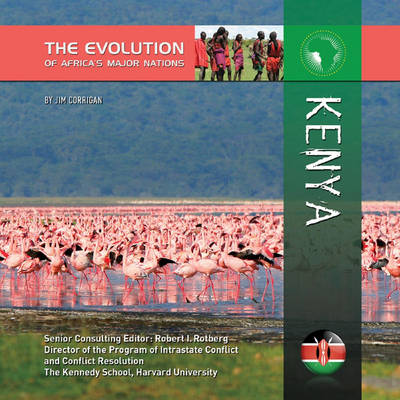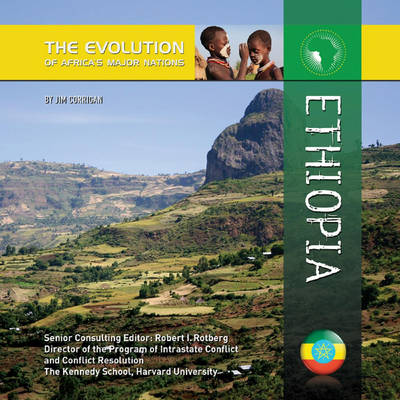The Evolution of Africa's Major Nations
2 total works
Many anthropologists believe the human species originated in Kenya's Rift Valley, where hominid skulls more than 2 million years old have been discovered. That fact alone would make Kenya an important place. But this East African nation has many other extraordinary characteristics: diverse terrain, a remarkable variety of plant and animal life, and a fascinating blend of cultures and languages among its people. The political system in Kenya is far from ideal. Historically, government corruption has been a major problem. However, the country adopted a new constitution in 2010 and is considered one of the most stable in Africa. Kenya has a free press and multiple political parties that compete in national elections. The country has also been fortunate to escape the chaos that has affected many neighboring countries in East Africa.
Ethiopia, unlike most African countries, remained mostly free from European colonial influence. This landlocked country in East Africa had been the site of a powerful ancient kingdom, which was overthrown by a military coup in 1974. A socialist government was established, under which millions of Ethiopians starved during the famines of the 1970s and 1980s. Rebel groups initiated a civil war and overthrew the government in 1991. Although Ethiopia adopted a new constitution in 1994 and held democratic elections the next year, the country is not truly a democracy. Instead, Ethiopia's government has been recognized as an authoritarian regime that uses force to stifle dissent. Ethiopia's economy grew rapidly in the late 2000s, but the country's people are among the poorest in Africa. In addition, a terrible drought in 2011 has caused a food crisis that threatens the lives of many people.

